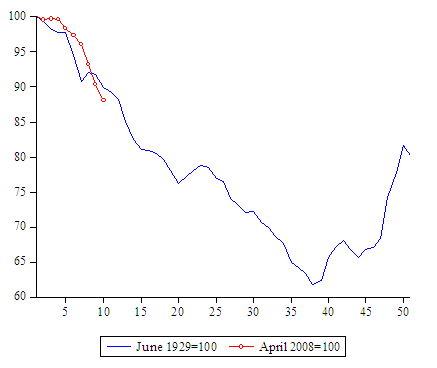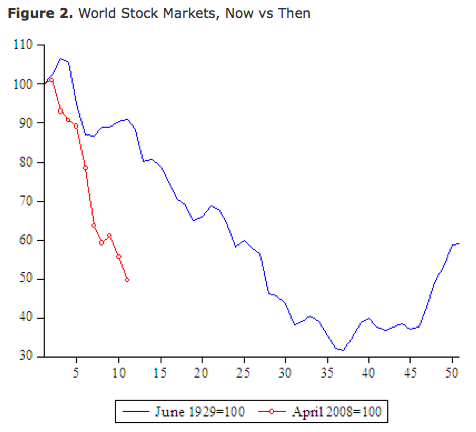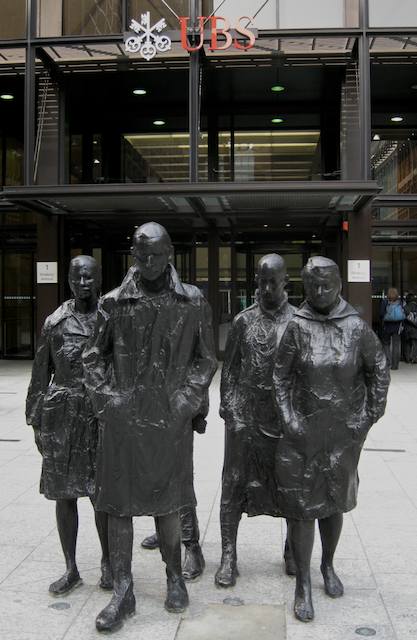Damp squib department. According to this NYT report, the anticipated bunfight failed to materialise.
SAN DIEGO — It had the makings of a high-tension face-off: Eric E. Schmidt, Google’s chief executive, spoke Tuesday at a convention of newspaper executives at a time when a growing chorus in the struggling industry is accusing Google of succeeding, in part, at their expense.
Any open controversy reverberated little more than a soggy newspaper hitting a doorstep. Mr. Schmidt’s speech closing the annual meeting of the Newspaper Association of America here was a lengthy discourse on the importance of newspapers and the challenges and opportunities brought about by technologies like mobile phones.
His speech was followed by polite questions from industry executives that only briefly touched upon a perennially sore point: whether the use of headlines and snippets of newspaper stories on Google News is “fair use” under copyright law or a misappropriation of newspaper content.
“I was surprised that the publishers really let Google off the hook,” said Jim Chisholm, a consultant with iMedia Advisory, which advises newspaper companies around the world. “While Google News generates a lot of audience, ultimately, the question is going to be who is going to make the money out of that: Google or the publishers.”




